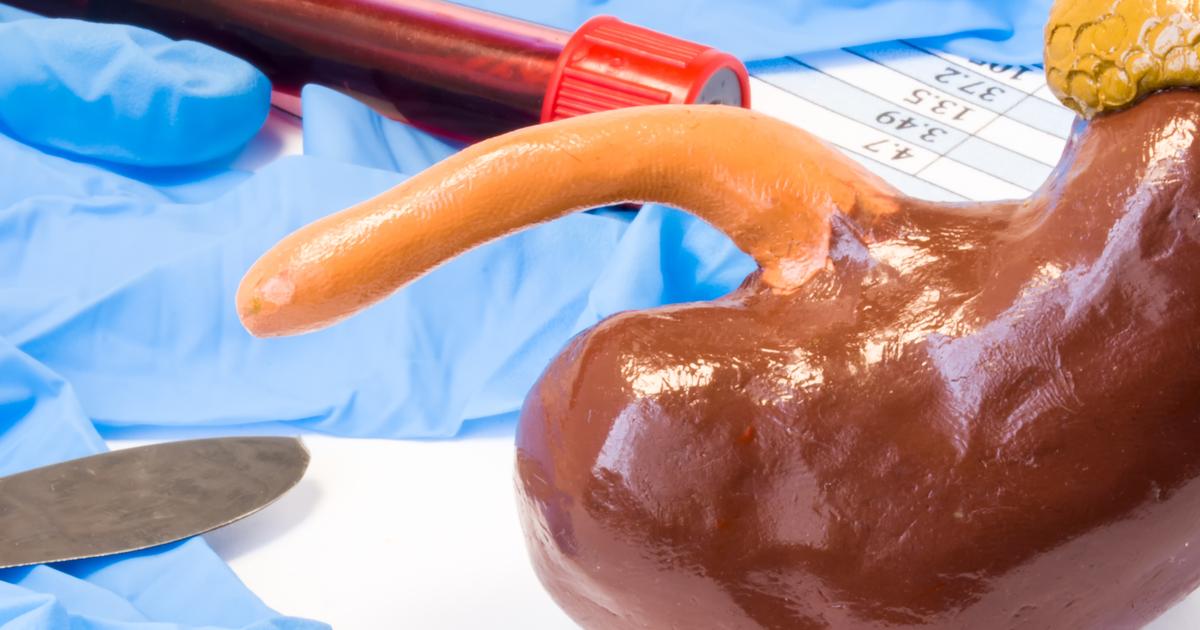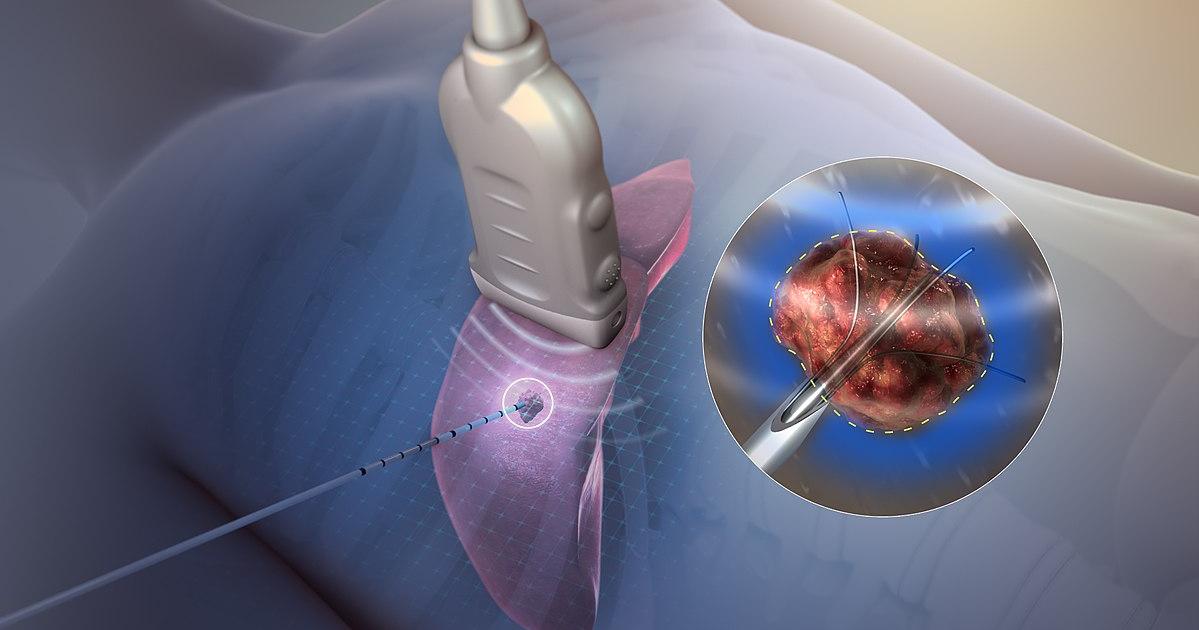How To Prevent And Treat Kidney Cancer
Partial Or Complete Nephrectomy

An individual affected by kidney cancer may require a partial or complete nephrectomy to treat their malignancy. A radical nephrectomy is a procedure involving the complete removal of the kidney, its attached renal gland, fatty tissue surrounding the kidney, and neighboring lymph nodes. A radical nephrectomy is done in cases where the malignancy has spread beyond the kidney to the surrounding and or distant tissues. A partial nephrectomy is a procedure involving the excision of the malignant part of the kidney while allowing the rest of the kidney tissue to stay behind. This procedure is most often used for an individual with early-stage kidney cancer that has not spread beyond the kidney.
However, the kidney tumor has to be in a favorable position in the kidney for a partial nephrectomy to be possible. A partial or complete nephrectomy can be done for curative treatment of a patient's kidney cancer, or it may be utilized for symptomatic treatment only. Depending on the stage of the kidney cancer and how far it has spread, the renal gland and or neighboring lymph nodes may need to be removed as well. This type of surgery is typically the first and most preferred curative treatment option for kidney cancer.
Radiofrequency Ablation

Radiofrequency ablation may be used in kidney cancer patients who are ineligible for a nephrectomy. Surgery is almost always the preferred first-line treatment for kidney malignancy, but health circumstances may make it intangible for some patients. During this outpatient procedure, imaging methods such as ultrasound and CT scans are used to locate a patient's tumor. A thin probe is inserted percutaneously or through the skin into the kidney tumor. Once the surgeon has it in the correct place, an electric current that uses high-energy radio waves is passed to the tumor.
These high-energy radio waves produce heat that permanently damages and destroys the malignant cells that make up the kidney tumor. This treatment method allows for minimal damage to neighboring tissues, unlike methods such as surgery and chemotherapy. Most patients can return home on the same day as their radiofrequency ablation procedure, and major complications are rare. Because this method is newer, there is less research on its effectiveness in treating kidney cancer.
